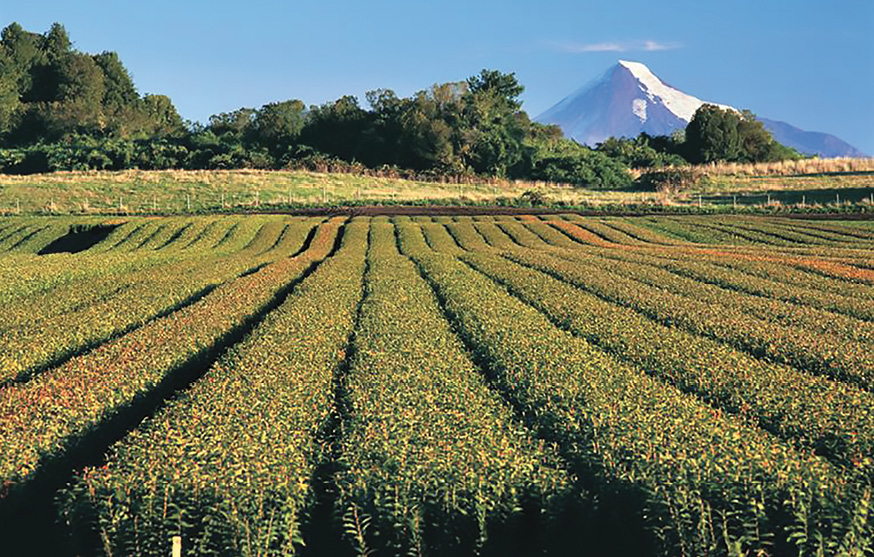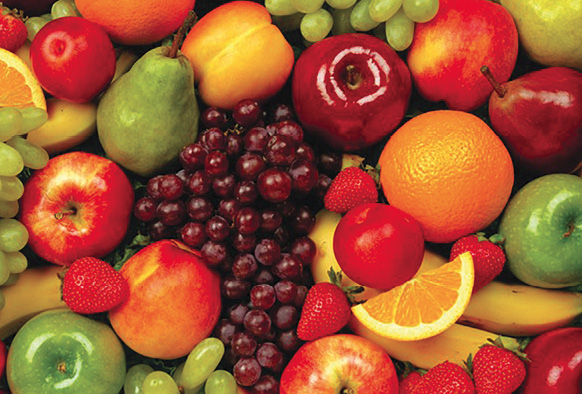- Home
- Media Kit
- Current Issue
- Past Issues
- Ad Specs-Submission
- Ad Print Settings
- Reprints (PDF)
- Photo Specifications (PDF)
- Contact Us

![]()
ONLINE

Chile’s Fruit Sector
Editors’ Note
Ronald Bown is the Chairman of the Board of the Chilean Fruit Exporters Association (ASOEX), a private entity representing the interests of the Chilean fresh fruit growers and exporters. The Chilean fresh fruit industry is the world leader in exports of fresh fruit in the Southern Hemisphere and also the third most important sector within the national food exports. This industry brings together more than 16,000 fruit plantations (over 0.5 hectares), and trades their products through more than 350 export companies. Bown has been leading the Chilean fruit exports for the last 30 years.
Will you talk about the important role the fruit sector plays within Chile and the key issues ahead for the sector?
Overall, it’s the most important sector in terms of growth. We are heading the economy in terms of growth, which is very important for us because we had a few years of bad growth due to the exchange rate. Many of our people went to work at mining companies, and our returns were much lower. Also, we had a big freeze three years ago, so the climatic changes are hurting us.

I’ve been in the fruit sector for almost 30 years and I have a history of seeing certain patterns, and I’m familiar with how things go.
We are an open economy so we consider the private initiative as a very important aspect of our development. We work very close together not only with regard to trying to become a better performer in our industry as a representative of free trade, but we are also facing some problems. However, we are working with the government to open the fence put up around certain markets.
We started selling fruit to the world in the beginning of the 1930s. In 1945, we were present in the fruit auctions in New York, but in the beginning of the 1970s, we didn’t export more than $1 million from that year.
Today, only in fresh fruit, we are exporting almost $5 billion – that happened only because private entrepreneurs had followed the signals of the government in terms of opening of the economy, meaning we are going to deal with imports and also exports.

We are now the largest fruit exporter (grapes, blueberries, and cherries) and also are the biggest exporter among countries like South Africa, New Zealand, Argentina, and the other countries in the Southern Hemisphere. Competition is still strong though.
We are possibly the most open country but, to recognize that still in the world, in spite of the efforts made by the World Trade Organization, we are still facing problems related to free trade.
With most countries worldwide, we have free-trade agreements, and these agreements talk about commerce as a whole. We still need to take actions regarding other issues that are against free competition and fair trade. We have been very successful as well in Asia, Japan, Korea, and China, and we have almost all of our most important products available to be exported to those countries.
However, when China allowed our grapes to enter their country, they needed to give the same treatment to other countries. That is one of our problems, and it’s not easy but we are working closely with our authorities and Chile has a good reputation in terms of food safety and everything related to how things are managed externally.•